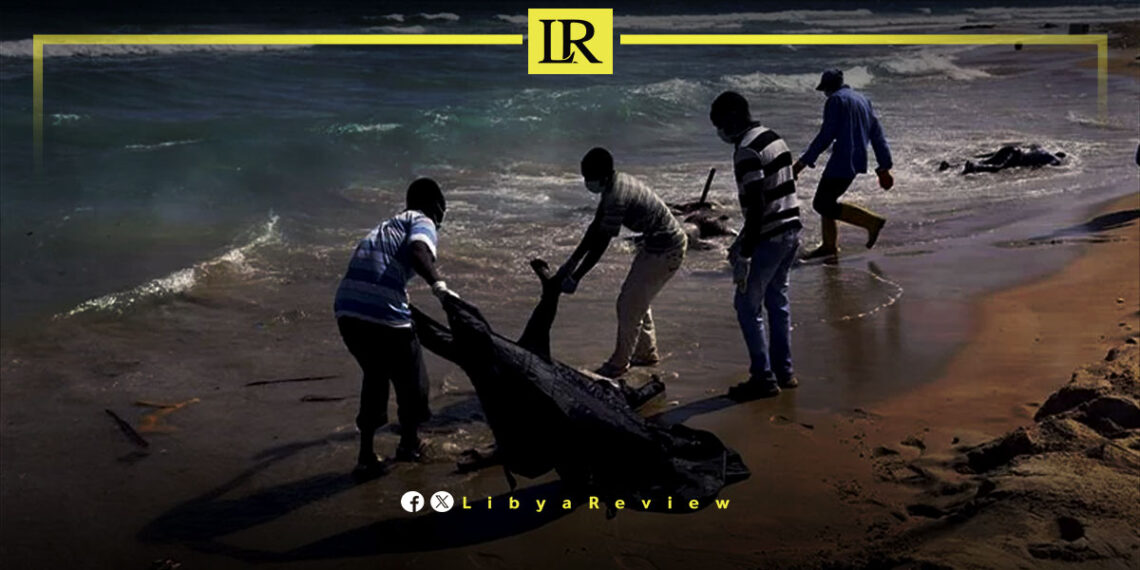On Saturday, the bodies of two irregular migrants were discovered on the shore near Ras Lanuf, Libya, two days after their boat capsized in the Mediterranean. The incident adds to the growing list of tragedies involving migrants attempting to cross one of the world’s most perilous migration routes.
Local authorities reported that the overcrowded boat flipped due to adverse weather and instability, leading to the deaths. Search teams fear more casualties, as several individuals remain unaccounted for.
The central Mediterranean route, which passes through Libyan waters, has long been known as the deadliest for migrants. According to the International Organization for Migration (IOM), over 2,000 people have died trying to cross the Mediterranean in 2023. Despite ongoing international efforts, these tragic losses persist.
Libya’s position as a key transit point for migrants makes it a focal area for human smuggling networks, who often send migrants on unsafe journeys aboard unseaworthy boats. Survivors frequently face harsh conditions in detention centers if intercepted by local authorities or returned ashore.
The Libyan government has urged for increased international cooperation to tackle the root causes of irregular migration and to improve rescue operations. European nations and humanitarian organizations have also been called upon to provide safer migration pathways and to address the broader socio-economic challenges that drive people to embark on such dangerous journeys.
This incident highlights the urgent need for collective global action to mitigate the risks faced by migrants and to ensure that future tragedies can be prevented. As the Mediterranean continues to claim lives, the world is reminded of the importance of humane and sustainable solutions to address migration challenges.


